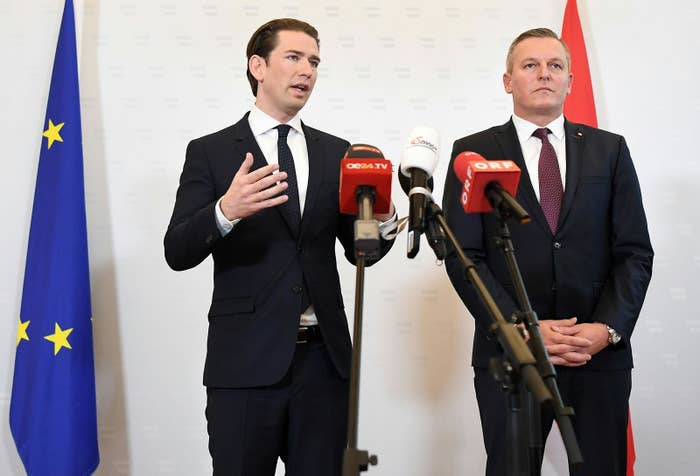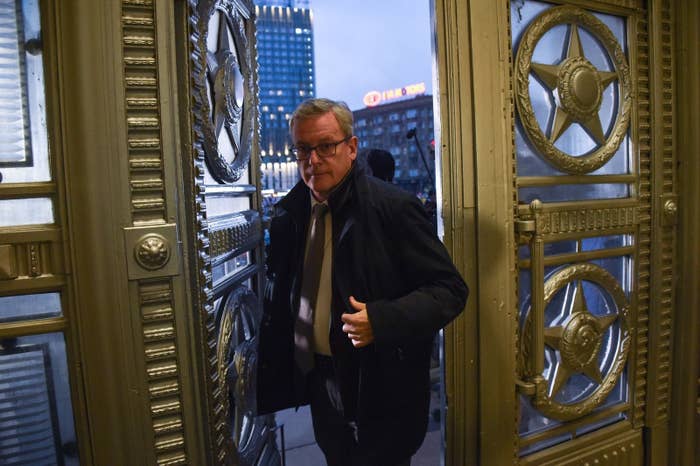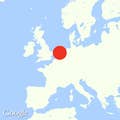
BRUSSELS — A retired colonel in the Austrian army can remain free until his trial on charges of spying for Russia for over 25 years, a court in Salzburg ruled Tuesday.
Prosecutors had wanted to keep the unnamed veteran behind bars after he was arrested Friday evening and later charged with spying for Russia from 1992.
But the court rejected arguments that the officer was a flight risk, and cited his strong national and family ties to the country, as well as the fact he is retired.
The charges have caused huge embarrassment for Austria’s hard-right government.
“According to our information this activity may have begun in the 1990s and continued until the year 2018,” Austrian Chancellor Sebastian Kurz told reporters Friday. “That means there’s a case of espionage here.”
This summer Austria was one of the few European Union countries not to expel Russian diplomats and suspected intelligence officers in response to the accusations that Russia attempted to murder a former agent, Sergei Skripal, and his daughter with a nerve agent in the UK. Both survived the attack, but a woman later died after being exposed to residual nerve agents UK prosecutors say were used in the attack.
Justifying its decision at the time, Austria cited its longstanding principles of neutrality stemming from the Cold War. Despite mounting pressure from the UK, France, and Germany to distance itself from Russia, Vienna is arguably Russian President Vladimir Putin’s strongest ally in the EU.
“Austria has been a problem for everyone,” a NATO military intelligence officer, who cannot be identified, told BuzzFeed News. “The current government has deep ideological and economic links to the Putin regime and has been trying to have it both ways: Solid member of the EU plus close friend of Putin isn’t going to work post-Skripal.”

The NATO official confirmed Austrian media reports that the UK had tipped off the Austrian government to the link between the officer and Russian intelligence, saying that information gathered on Russian agents inside the EU developed as a response to the Skripal incident led to the officer’s arrest.
“Adding to the diplomatic embarrassment here is that the UK found the guy while developing intelligence that was used by almost everyone but Austria to expel Russians in solidarity with the UK over the Skripal attacks,” the officer said. “For the Brits to show up a month later and say ‘hey, we developed this information and it turns out one of your colonels actually has worked for the Russians for almost 30 years’ was a painful moment for the Austrian services at a time that wasn’t going well to begin with.”
In August, the Austrian Foreign Minister, Karin Kneissl, appointed by the ruling hard-right coalition, infuriated the British and much of the rest of the EU by inviting and hosting Putin at her wedding amid the uproar over the Skripal attacks.
The invite also drew the ire of Austrian opposition politicians at the time, including Joerg Leichtfried, from the opposition Social Democrats, who said in a statement on Twitter that as Austria is the current president of the EU, Austrian politicians should be more careful of the association with a Russia increasingly viewed as a bad actor in European security circles.
“All the more symbolic and harmful to court the Russian president in this manner,” he said in August.
After the announcement of the espionage arrest, Kneissl canceled a visit to Moscow that was planned for later this month, according to the Austrian media.
The current Austrian government is led by the Freedom Party, a hard-right party with ties across Europe to populist nationalist movements that are increasingly seen as allied with Putin against more liberal EU politicians.

